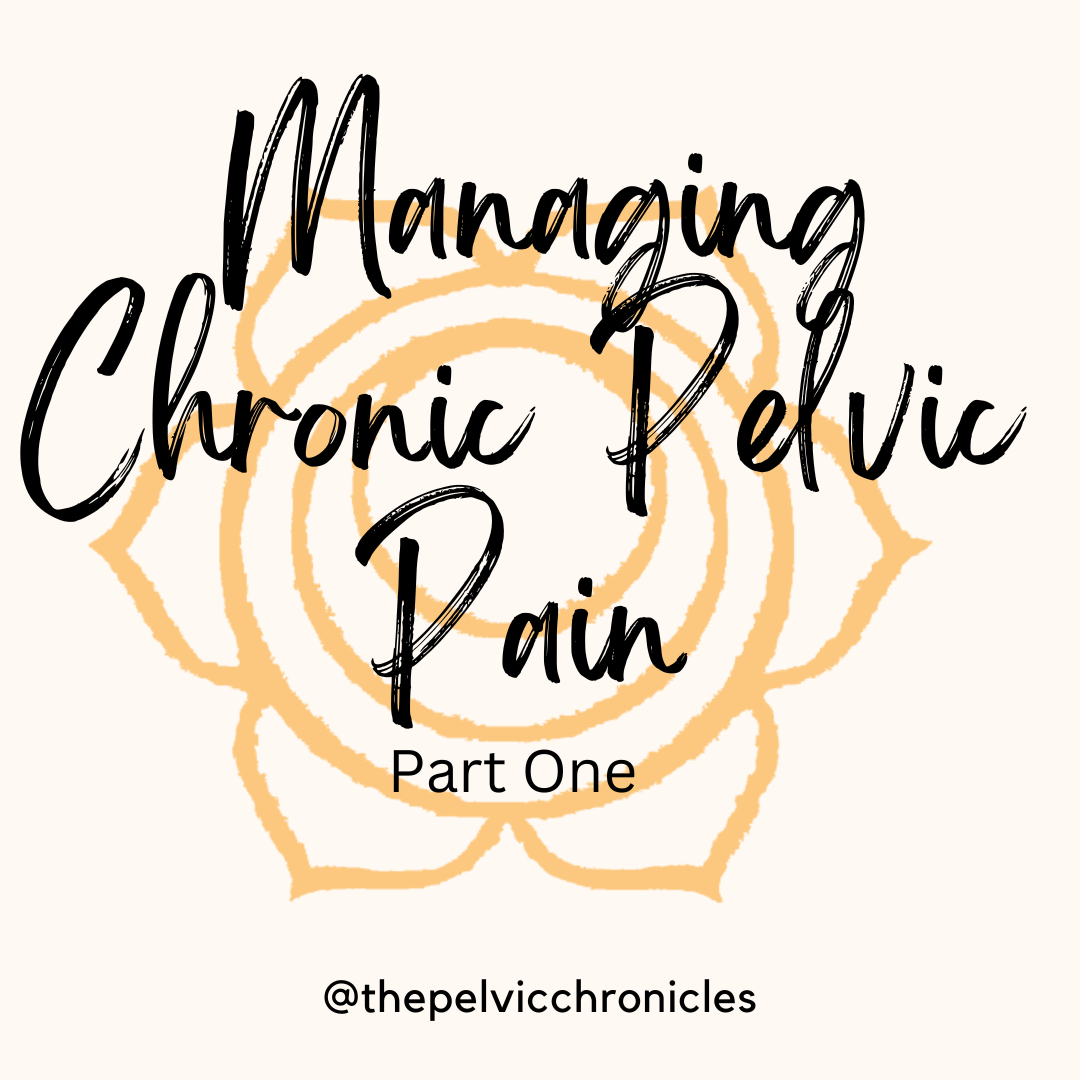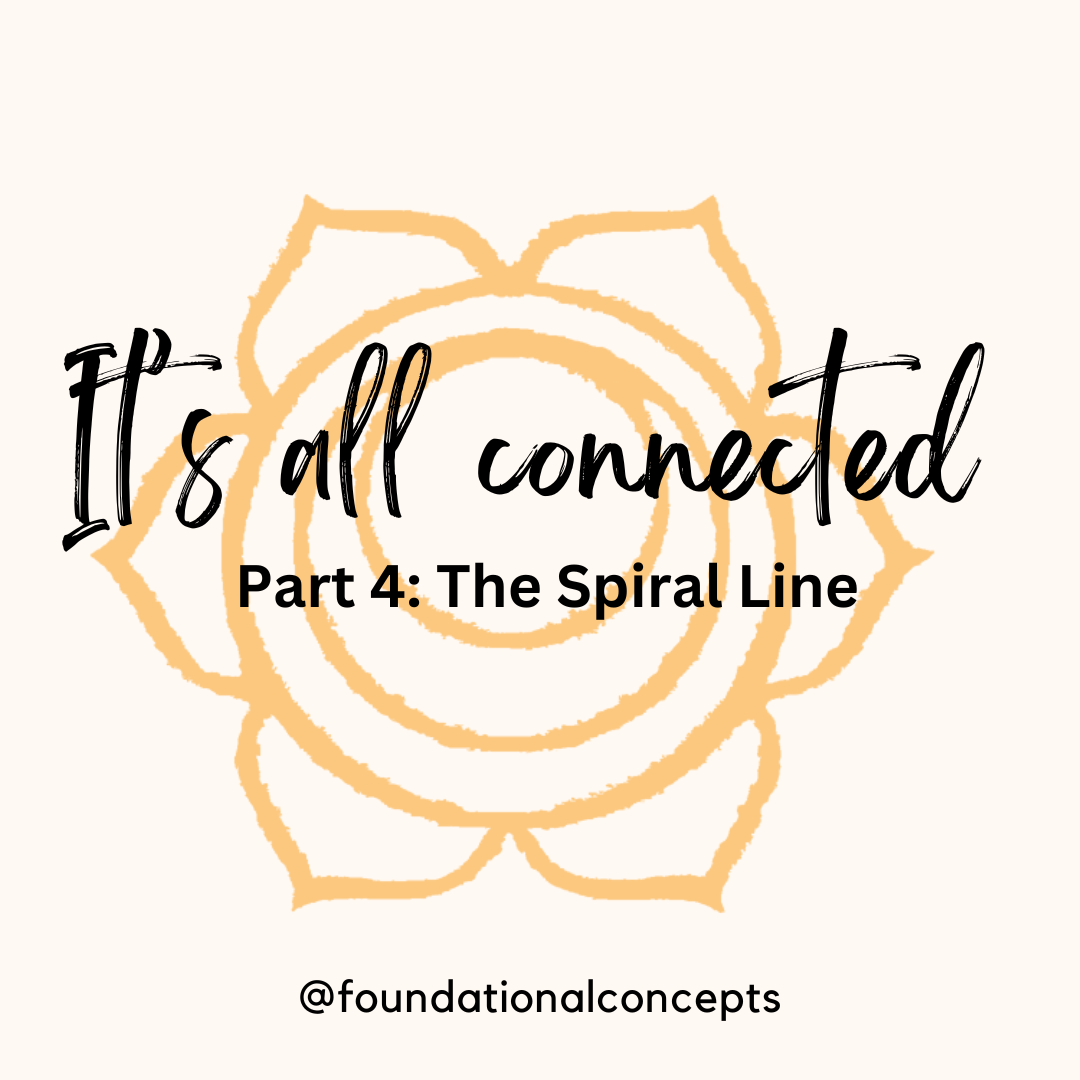In Pelvic Floor Physical therapy, as we look over our patients’ intake paperwork, one thing…

Managing Chronic Pelvic Pain, part 1
Persistent pelvic pain is more common that you might realize. 15-20% of women and 8-12% of men are dealing with chronic pelvic pain. There are many things that can be associated with CPP in both men and women. Some but not all are IBS, IC, Endometriosis, painful bladder syndrome, Cancer treatment, Constipation, and trauma. I would like to focus on talking about why pelvic pain persists, rather than try to discuss the “cause”. Often, we do not know what really caused pelvic pain to stick around. That is the difficult part of it. But, understanding the “why” of persistent pelvic pain can help patients tremendously.
When you understand why your pain persists you tend to feel better. This we know as the past 10-15 years of pain research has shown us. The first “myth” is this: There are not special pain receptors that convey a message to your brain. Instead, you have all types of receptors in your nerves that collect information. They keep track of temperature, blood pressure, immune molecules, pressure, and movement. These receptors send this information to your brain and THE BRAIN decides what to do with it. Yes, YOUR BRAIN ultimately says, this is dangerous, create pain. OR it says, not a big deal, go on with what you are doing.
As humans, we are wired to function well when we are safe. Primitively, we needed our system to be able to function when we are in danger, meaning the old fight or flight system. As a caveman, you could not stop to check if your ankle was broken when escaping from a saber tooth tiger. You kept running, climbing, fighting on that injury and you did not feel pain while doing this. This is where our environment and past experiences come in to play. If you have experienced trauma in your past, it can keep your nervous system on “high alert” or extra sensitive. This places a person in a state of not feeling safe, which just perseverates the pain experience. Your brain is receiving information from receptors and interpreting it as dangerous, because your system is so sensitive.
When our system is extra sensitive, immune function and inflammation can set off the brain to perceive danger and create pain. An example of this is the association with IBS, IC and Endometriosis. These are all inflammatory conditions. When our body is inflamed, our immune system is functioning at a higher level and this can send signals to the already sensitive brain, causing the brain to interpret as dangerous. And yes, then pain.
Pain does not mean there is any injury or tissue damage. This is a BIG myth. People assume because they hurt, there must be something broken, damaged or injured. This is NOT TRUE. As we mentioned before the only thing the tissue can tell the brain is about pressure, temperature, blood flow, inflammation, immune function and movement. When we have been ill, had an injury or surgery, or under stress, the brain becomes concerned and our nervous system adapts to become more aware, or more sensitive to information from a particular part of our body, in this case the pelvis.
Pain is a very motivating experience. This is why the brain uses it to modify your behavior. This is not to say that with chronic pelvic pain you are consciously doing any of this. Your body is designed to protect you and 25% of people will develop chronic pain, given the right circumstances. What circumstances?
- Anxiety, worry and fear – thoughts are nerve impulses and these types of impulses can actually keep the brain sensitive and cause pain.
- Stress and poor management of it.
- Many different explanations about your pain, and failed treatments.
- Problems at work and home, that likely have arisen due to the pain.
- Any previous trauma, or trauma associated with the initial injury or onset of pain.
The primary message, I hope you are hearing IS NOT that your pain is just in your head. I hope you are beginning to see that there is a better, more scientific answer to why your pelvic pain persists. That as providers we have an understanding of this and we know how to help you manage this pain. It begins here with knowledge and understanding about how the brain works in the pain experience. Your therapist should take time during your sessions to educate you about the brain and pain.
This is quite a lot of information, too much for one blog, so we will spread it out over the next few blogs. I am adding a few reading references so you can learn more about it!
If you are experiencing chronic pelvic pain, and like most, have seen many providers who have not been able ot provide much help, don’t give up. Find a pelvic floor physical therapist who is knowledgeable about chronic pain, and how to educate patients regarding this. Treating chronic pelvic pain is a whole person approach, and cannot be addressed with only one modality, or approach. It truly takes a team, and a lot of education and training to calm your nervous system down. Follow us to read more over the next few blogs to discuss what you can do to begin healing.
We offer a free 15 minute phone consult to answer any questions you may have to make sure you are in the best place to begin healing. Our therapists are all trained in educating patients about the brain and pain and will take the time during your treatment sessions to make sure this important piece is part of your plan of care.
References:
Why Pelvic Pain Hurts – Neuroscience Education for Patients with Pelvic Pain. May 28, 2015. Adriaan Louw & Sandra Hilton




